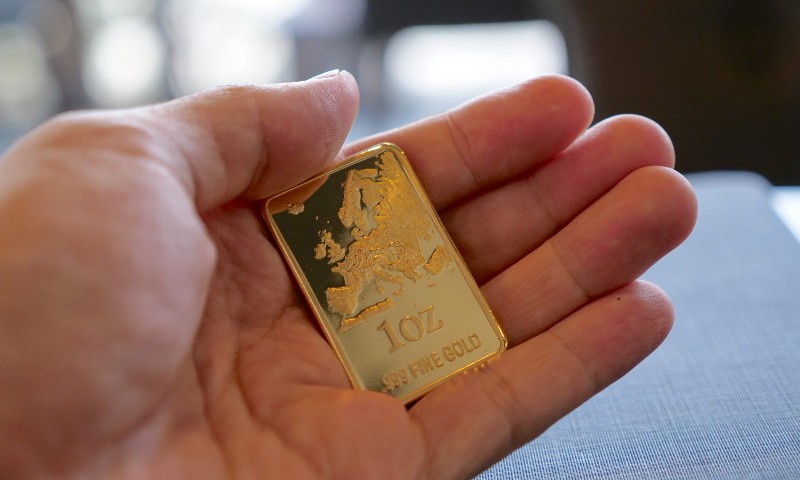Gold has always been a valued commodity. Gold has been used as a currency and an investment throughout history. It is a sign of power and prosperity. There is a lot to learn about gold’s significance. During the festival season, Indians purchase gold jewellery. But before buying them, there are a few things to consider.
The purity of gold:
Every time we buy a gold biscuit, we hear the word carat. The 24-carat and 22-carat are standard terms when it comes to gold. It is how gold gets measured. Fineness and carat are the two methods deciding the purity of gold. The best gold form is 24 carats. Fineness is another way of measuring purity. This metric expresses the purity of gold in parts per thousand.
For buying less than 24 carats, gold gets alloyed with other metals such as silver, copper, zinc, or silicon. The most common alloying ingredients for gold are silver and copper. Pure gold is far too soft to be used in jewellery. The other rare ways to decide gold purity are ICP, X-Ray Fluorescence, Fire Assay, Touchstone, Electronic Pen, and Density get used. Consider them when you buy physical form such as a gold bar.
Hallmarking:
Before purchasing a gold bar, it is essential to inspect the hallmarking. The accurate determination and official recording of the proportionate quantity of precious metal products are known as hallmarking. So, hallmarks are a guarantee of purity or fineness of precious metal items in several countries. As a result, the Indian government established the Bureau of Indian Standard to ensure purity. The BIS hallmarking process adheres to worldwide hallmarking standards.
The BIS mentions that hallmarking of gold jewellery is a must. Hence, before buying gold, double-check the hallmarking. According to the BIS, this hallmarking includes four components: the BIS logo, Purity in Carat and Fineness, the hallmarking centre’s logo, and the jeweller’s identification mark and number. Hallmarking does not happen overnight. Before gold gets hallmarked, the purity of the metal gets tested, which takes up to five hours.
Wastage / Making charges:
Making charges is one of the most important aspects to consider. These differ depending on the type of gold jewellery you purchase. There are no standard charges for wastage. It gets determined by the ornament’s cutting and finishing style. Wastage charges are a common word for it.
Making jewellery out of a gold bar necessitates melting the gold, cutting it, and shaping it into the desired shape; nevertheless, some gold may get wasted in the process. As a result, you might get charged on this basis. Customers haggle to get these fees reduced. Modern methods and technologies are generally more efficient in their use of gold, resulting in less wastage during the design process.
Gold Insurance
Gold is a haven throughout any financial crisis, whether as wedding gifts or at significant events. Gold insurance ensures the safety of your valuables. Insurance can assist you in recouping financial losses caused by accident at home or the bank.
The insurance covers the jewellery deposited in the bank locker against accidental loss, burglary, theft, damage, or loss. Keep all necessary documentation handy as some insurance companies require purchase receipts for lost or damaged gold jewellery to pay the settlement. Most Indian gold insurance providers offer a limited claim payment sum. Insurance companies are not responsible for recouping costs.
Budget
The budget has a significant impact on gold purchases. The main advantage is that you can buy gold monthly. If you want to buy actual gold, you consider the EMI options offered by online jewellery shopping websites. The following are some of the advantages that EMI provides to its customers:
- Affordability: Shopping jewellery online allows consumers to buy items they cannot afford entirely. As a result, EMI allows customers to pay for a product in instalments.
- Flexibility: Make payments according to the loan bearer’s income or financial circumstances.
- Absence of mediator: There is no commission for a mediator because the EMI gets paid straight to the banks or lenders.
- Easy on the wallet: The amount borrowed depends on the money you can repay.

